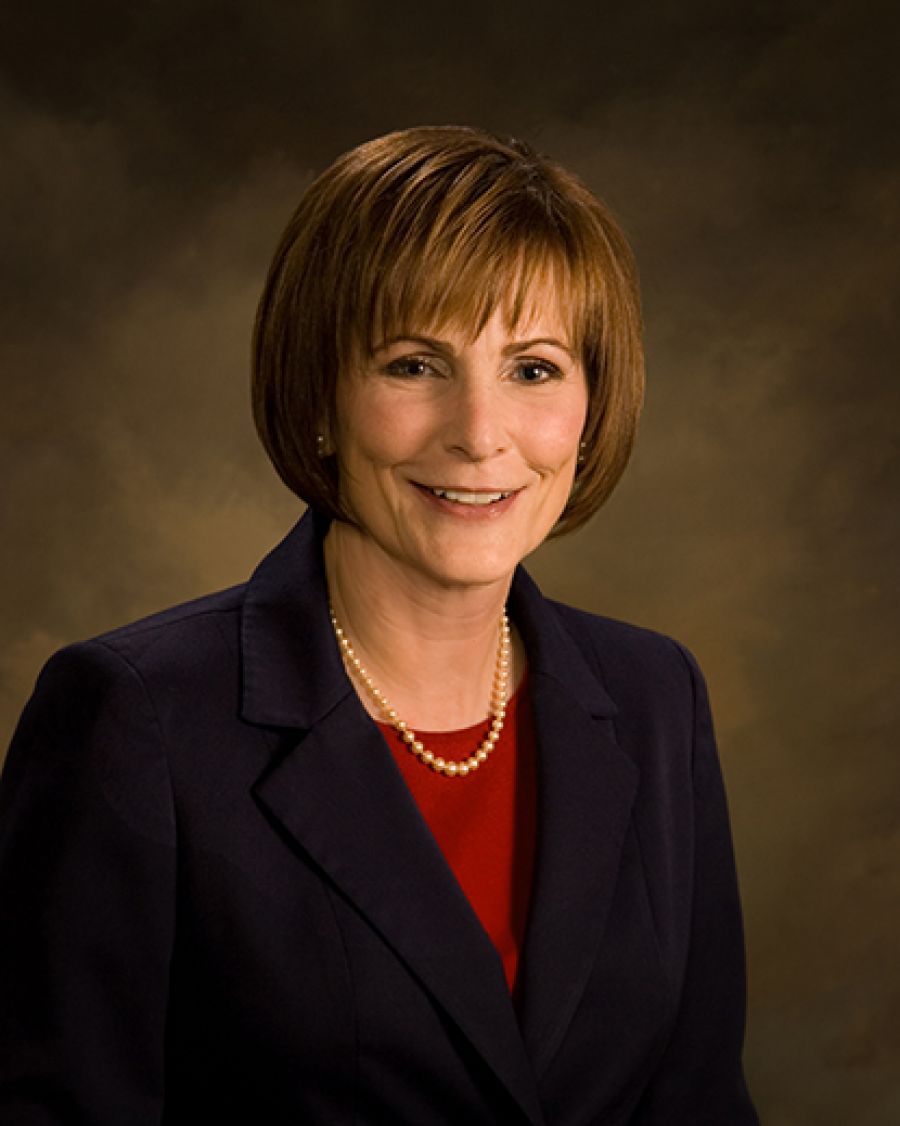


I often talk about the power of education to change lives. And I never tire of hearing, or telling, the stories of people who experience that power first-hand when they complete their degree, start their dream job, or continue their education at their dream school. However, these stories do not represent all of the ways that education changes lives and communities.
Earlier this year, Kendall Norris, the CEO for the Global Leadership Forum, published an article that points out that there are many challenges that face undereducated societies. While education can certainly help with all of these challenges, others can be overcome through other means. For example, increased poverty, which is often part of an undereducated society, can be offset through charity. According to Norris, though, there are two specific challenges that can only be overcome through education. They are 1) the impact on people, families, business and the area tax base that results from unemployment or underemployment and 2) legislative decisions that are made in an environment of un-informed or under-informed voters.
Part of the Waubonsee mission statement reads, “education is the cornerstone of a literate, democratic society….” We know that our entire community and region benefit when individual people experience the power and benefits of education. That is why we are working to strengthen our educational connections with the community by providing bridge math courses and dual credit classes in high schools, creating pathways for students to 4-year colleges, and partnering with area industries and employers. We also connect people to education through Youth Enrichment Programs (YEP!) and corporate training and professional development opportunities.
Just two examples of community benefits from these efforts include financial savings for dual credit students and their families as well as increased civic engagement by Waubonsee students. Last year, area high school students earned more than 11,000 hours of college credit at Waubonsee. Multiply that by tuition per credit hour and that’s more than $1.5 million in savings, more depending on the college where these students would have earned those credits instead. And, the National Study of Learning, Voting, and Engagement, or NSLVE, conducted by the Institute for Democracy & Higher Education (IDHE) at Tufts University’s Tisch College of Civic Life reported the number of Waubonsee students who voted was up in last year’s election, increasing to 39.9% in 2018 from a rate of 19.7% in 2014.
However, it is the personal stories of Waubonsee alumni living, working, and volunteering in our communities that continue to demonstrate the power of education to change lives, to change families, and to change communities. At Waubonsee, we know that we are more than college, we are community college!

